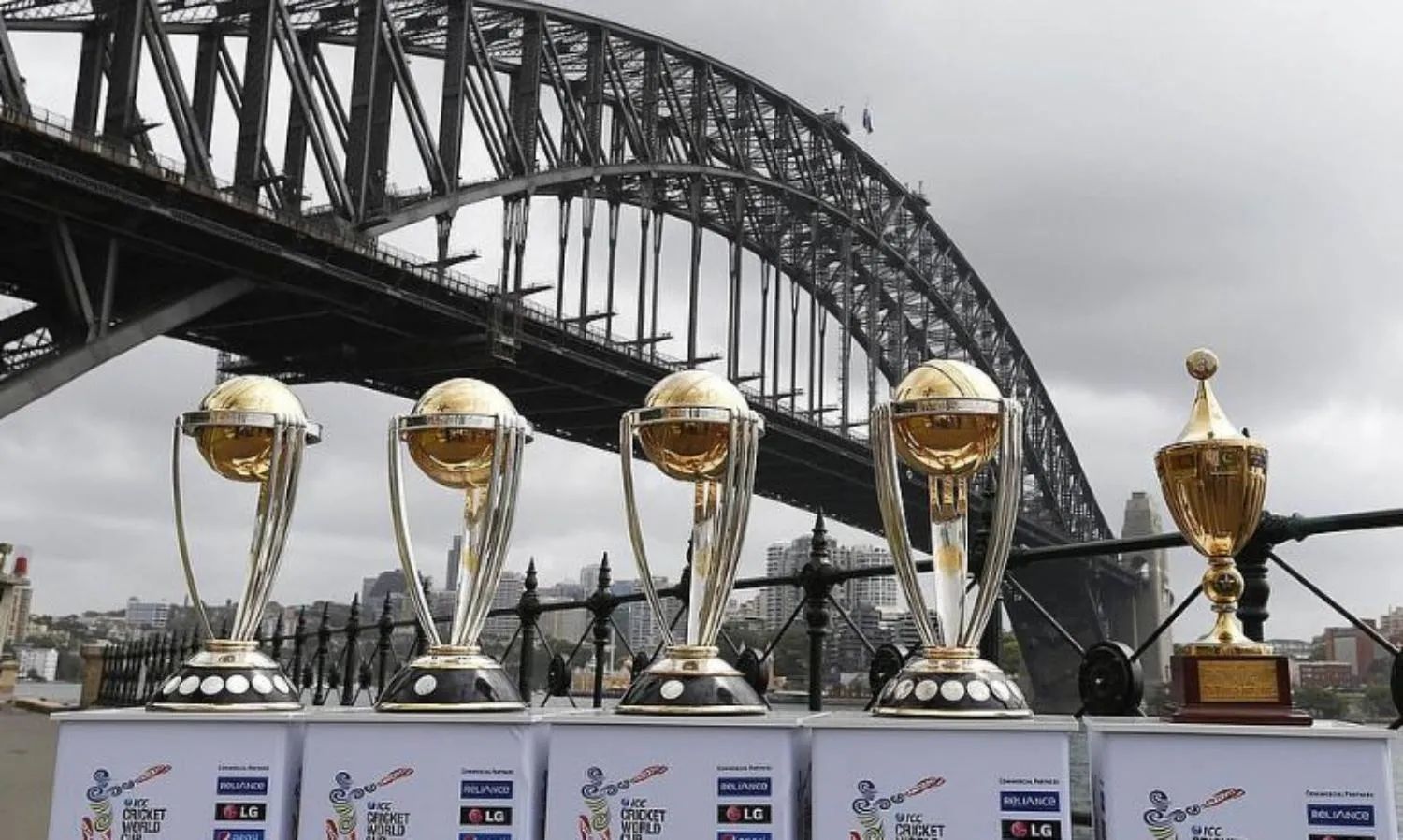A 10 Team World Cup Is The Biggest Blow To Cricket’s Globalisation
It is high time that ICC should not allow the broadcasters to dictate terms.

Let’s come straight to the point. Cricket is the only so-called global sport which has shirked its World Cup. In 2007 we had a 16-nation tournament. In 2011 and 2015, we saw 14-team events and now in 2019 and 2023, we will get to watch only 10 teams featuring in the World Cup. Next year in England, we will witness the first ever cricket World Cup in which a couple of Test playing nations will miss out.
And the International Cricket Council (ICC) talks about the globalisation of the sport. Such a pity!
Well, ICC’s argument behind shrinking its World Cup is that they want their marquee event to be as competitive as it can get and they believe, with the lower skill-sets of Associate members around, this cannot be possible.
However, here the behind the scene story is, Star India paid nearly $2 billion for ICC’s broadcast rights for an eight-year cycle (2015-23). It was an 80 percent increase on the previous deal, was arrived at on the basis of a significant clause — India need to play at least nine matches in each edition of the World Cup. Hence, a 10-team format suits their requirement perfectly.
It is understandable, that the previous 14-team format too had its own flaws, but in order to rectify, you just cannot sacrifice the cause of the bottom-ranked teams as well as the Associate nations.
Remember, for the Associates like Scotland, Netherlands, Canada and others, a World Cup is the only opportunity where they get to play against the big boys and a victory in one those matches can actually change their cricketing fortunes forever. For example, Bangladesh’s historic triumph over Pakistan in the 1999 World Cup played an instrumental role in their rapid progress in international cricket. The same thing can be said about Ireland when they upset Pakistan and England in 2007 and 2011 respectively. Such performances at the world-stage attract a lot of eyeballs, get new sponsors on board and most importantly, inspirer the young generation to take up the sport.
Hence, for any lower ranked team, an exposure in the World Cup matters a lot. There is plenty at stake and, I guess, it is being noticed through the desperations of the Associates, which are participating in the ongoing ICC Cricket World Cup qualifier in Zimbabwe, which has been one of the most competitive ICC events in recent years.
Well, following a fortnight of the hard-fought cricket, only West Indies and Afghanistan have managed to seal their places in the 2019 World Cup, but teams like Zimbabwe, Scotland and Ireland have been unfortunate to miss out.
And here too, one can actually blame the ICC.
Originally, 20 games from the competition were supposed to be televised. Later, that was then narrowed down to ten. And since all the games were not televised, the ICC decided against the use of the Decision Review System (DRS). There would be no reserve days either. And it costed Scotland severely.
With 199 to win against the mighty West Indies in order to secure a World Cup spot, the Scottish boys well on their course, when umpire Paul Wilson gave a shocking decision LBW decision against Richie Berrington. With no DRS in place, the batsmen could not review the decision. And just after the fall of that wicket, rain came in and West Indies ended up winning the fixture by a DLS margin of 5 runs.
Thanks to that particular decision, Scotland have not only missed out on a World Cup spot, but also a potential funding of almost £700,000.
I am afraid, this will have a serious effect in the future of cricket in Scotland.
But does ICC care? Well, I am not sure.
It is high time that ICC should not allow the broadcasters to dictate terms. Yes, money is important, but they should not let the game suffer for financial gains. For 2027 World Cup, there has to be a change in the format, otherwise the development of cricket amongst the Associate and Affiliates members will face a huge roadblock.



